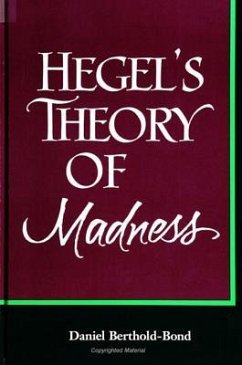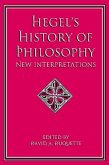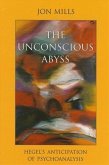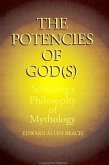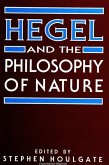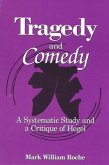This book shows how an understanding of the nature and role of insanity in Hegel's writing provides intriguing new points of access to many of the central themes of his larger philosophic project. Berthold-Bond situates Hegel's theory of madness within the history of psychiatric practice during the great reform period at the turn of the eighteenth century, and shows how Hegel developed a middle path between the stridently opposed camps of "empirical" and "romantic" medicine, and of "somatic" and "psychical" practitioners. A key point of the book is to show that Hegel does not conceive of madness and health as strictly opposing states, but as kindred phenomena sharing many of the same underlying mental structures and strategies, so that the ontologies of insanity and rationality involve a mutually illuminating, mirroring relation. Hegel's theory is tested against the critiques of the institution of psychiatry and the very concept of madness by such influential twentieth-century authors as Michel Foucault and Thomas Szasz, and defended as offering a genuinely reconciling position in the contemporary debate between the "social labeling" and "medical" models of mental illness.
Hinweis: Dieser Artikel kann nur an eine deutsche Lieferadresse ausgeliefert werden.
Hinweis: Dieser Artikel kann nur an eine deutsche Lieferadresse ausgeliefert werden.

